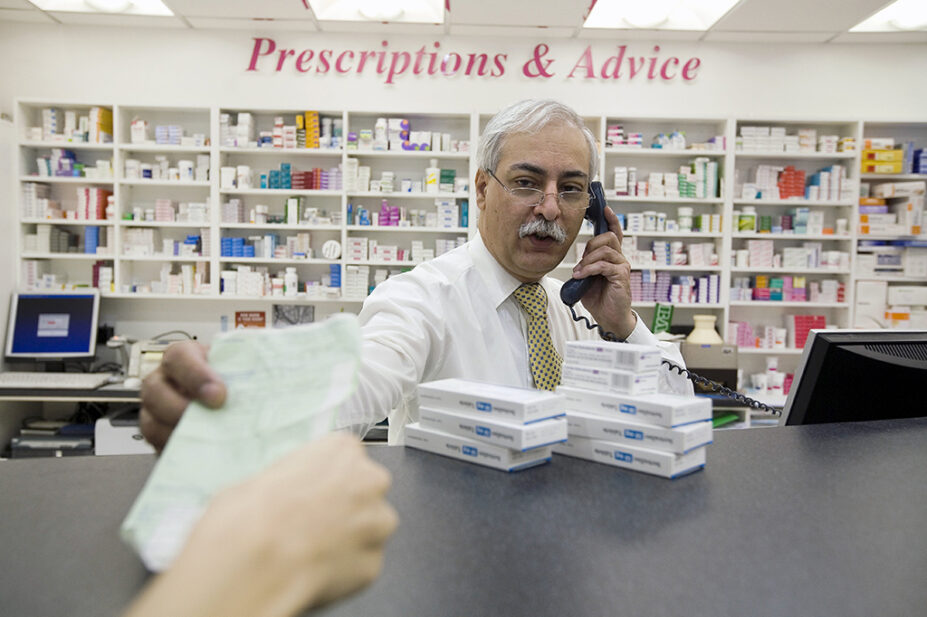
MARK THOMAS/SCIENCE PHOTO LIBRARY
Addressing burnout in the pharmacy profession requires “systemic change”, in addition to support for individual pharmacists, according to a report from the Royal Pharmaceutical Society (RPS) and charity Pharmacist Support.
The ‘Workforce wellbeing roundtable report’, published on 4 October 2023, was produced following a meeting at the RPS’s London headquarters on the impact of pharmacy workforce wellbeing on patient safety in May 2023. The meeting was attended by representatives from the NHS, pharmacy professional bodies, employers, trade unions representing pharmacy staff, pharmacy education representatives and regulators.
The report highlighted the risk factors associated with burnout, including long working hours, an increase in workload and an increase in administrative duties.
“Individuals have professional responsibility to assess their own competence and ability to work, and as such should seek to prioritise their wellbeing, which could possibly reduce their personal risk of burnout,” the report said.
“However, many risk factors affecting wellbeing are created by the system in which people work and therefore, this also needs to be addressed at the systemic level rather than the onus being placed on individuals.”
In January 2023, a survey of 1,456 pharmacy staff members carried out by the RPS found that 88% of respondents were at high risk of burnout, which was also consistent with responses received in both 2021 and 2020, when 89% of respondents said they were at high risk of burnout.
Meanwhile, Pharmacist Support, an independent charity which provides a variety of support services, said in July 2023 that it provided twice as many counselling sessions to pharmacists in 2022 as it did in 2021.
Despite this, the Royal College of Nursing found that, as of May 2023, a third of mental health and wellbeing hubs, which were launched during the COVID-19 pandemic to support NHS staff in England — including pharmacists — had closed.
The report concluded that “further research and collaborative working are required to understand the most effective measures that can seek to address workforce issues in pharmacy”.
Danielle Hunt, chief executive of Pharmacist Support, said: “It has been evident for some time that a culture change is required, and the roundtable provided pharmacy organisations with the opportunity to come together to provide their individual views and then for the group to start to collectively address workforce wellbeing within pharmacy.
“We understand that the change required will not happen overnight, but equally recognise that levels of burnout have been consistently very high for several years, and urgent action is needed to turn the tide.”
James Davies, RPS director for England, said: “While individuals are encouraged to prioritise their wellbeing and reduce their personal risk of burnout, it’s crucial to acknowledge that many factors affecting wellbeing must be addressed.
“This requires a collective effort from employers, regulators, the NHS, unions, charities, and pharmacy teams themselves. We all have a role to play in supporting the wellbeing of pharmacists and mitigating potential risks to patient safety.”


